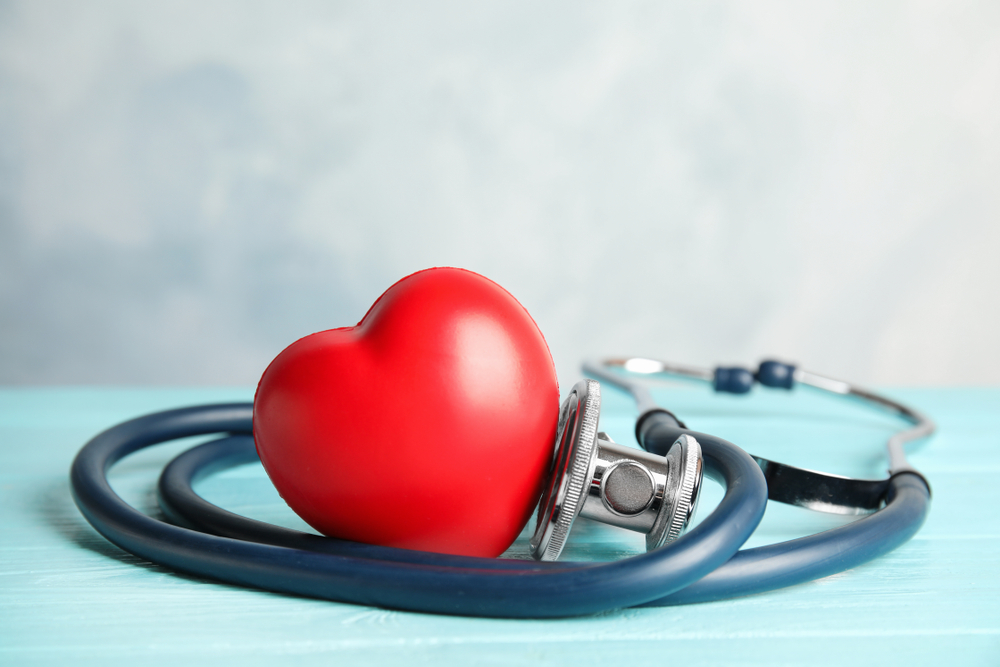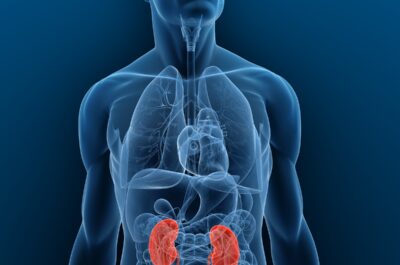You’ve probably heard people talking about heart diseases, and you wonder, “What is heart disease?” Heart disease refers to several conditions affecting the heart’s normal function. There are many types of heart disease, with coronary artery disease (CAD) the most common. It reduces blood flow to the heart, increasing the risk of a heart attack.
The Centers for Disease Control and Prevention reports that heart disease is the main cause of death in the U.S. Out of four deaths in the United States, one death results from heart disease. The condition is prevalent in all genders and ethnic groups. This guide looks at the causes and diagnosis of heart disease.
[bctt tweet=”What is heart disease? Learn all the causes, signs, and symptoms of heart disease and where to get the best treatment.” via=”no”]
Heart Disease: Multiple Diagnosis
Diagnosing a heart disease may sometimes be challenging until a patient experiences the signs and symptoms of heart failure, heart attack, or arrhythmia.
- Arrhythmia: This condition is characterized by pulses or fluttering feelings in the chest. It occurs when the electrical signals coordinating the heartbeat fail to work properly, causing an irregular heartbeat.
- Heart Attack: Characterized by chest pains, discomfort, neck or upper back pain, indigestion, nausea, vomiting, heartburn, and dizziness. The patient may also experience upper body discomfort, extreme fatigue, and shortness of breath.
- Heart Failure: Heart failure is characterized by fatigue, shortness of breath, and swelling of the feet, legs, abdomen, ankles, or neck veins.
Common Causes of Heart Disease
The primary risk factors for heart disease are smoking, high blood cholesterol, and high blood pressure. About 47 percent of Americans have at least one of the conditions. But lifestyle choices and medical conditions can cause heart disease, including:
- Diabetes
- Excessive alcohol consumption
- Obesity and overweight
- Physical inactivity
- Unhealthy foods and beverages
Go to Your Doctor
Whenever you notice the signs and symptoms of heart disease, such as chest pain, fainting, and shortness of breath, seek emergency medical attention. Treating heart disease is easy when detected early, and that’s why you must talk to a doctor about your heart health. The doctor will advise on what to do to mitigate the risk factors.
PHCr Can Help
So far, you already have answers to “What is heart disease?” If you think you have heart disease, upon experiencing some of the signs and symptoms mentioned in this guide, don’t hesitate to schedule an appointment with a qualified doctor. Cardiologists at PHC can help you diagnose your condition and treat you.
Contact us today to talk to one of our cardiologists about your heart condition.




